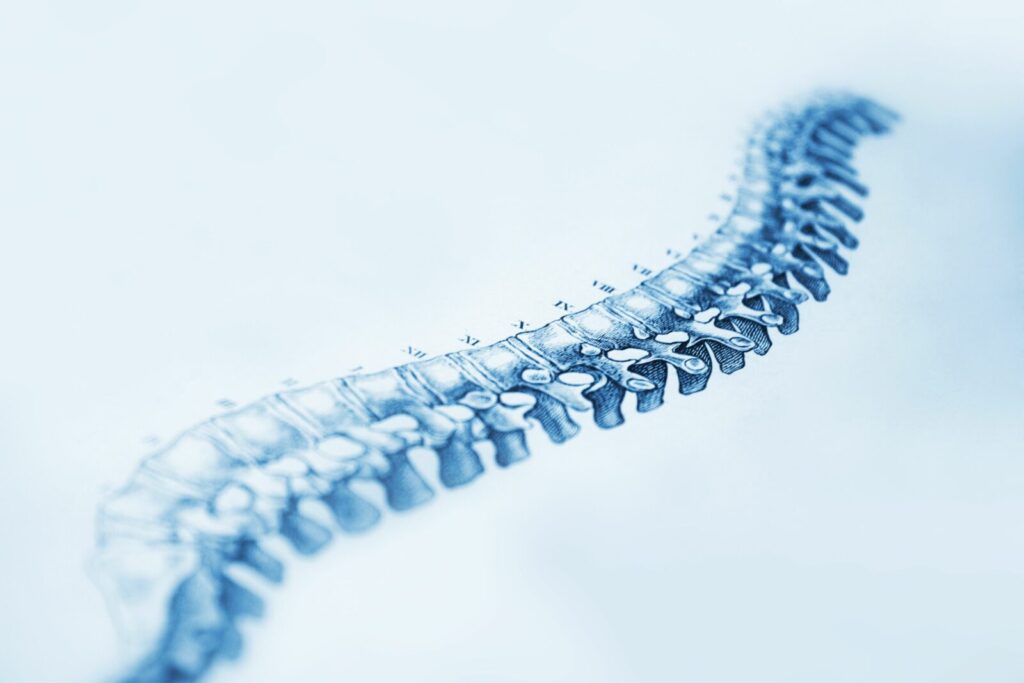The lawyers of Flickinger Sutterfield & Boulton know that people who have sustained a severe spinal cord injury face a number of challenges. These kinds of injuries can change someone’s life, which is why it’s important to hold negligent parties accountable for causing such hardships to others.
The team at our Provo, UT law firm would like to consider how spinal cord injuries relate to nerve damage. We’ll note some symptoms of nerve damage and offer some insight into the legal options are available for people who have experienced these kinds of injuries.
Causes of Spinal Cord Injuries
Spinal cord injuries can be caused by all manner of physical trauma, accidents, and acts of violence. Some potential sources of injury may include:
- Auto collisions
- Contact and combat sports
- Slips and falls
- Physical assaults
- Gunshots
- Medical treatment mistakes
- Workplace accidents
The damage to the spine can affect the nerves and other tissues, which can have negative impacts on general health and wellness.
Understanding Nerve Damage
Nerve damage related to the spinal cord essentially means that the injury you sustained also impacts the proper function of your nervous system. There are three types of nerves that may be damaged:
- Autonomic Nerves – These nerves control the predominantly involuntary actions of your body, such as heart rate, digestion, and blood pressure.
- Motor Nerves – These nerves control the movements of your body, with your brain sending signals to the corresponding muscles.
- Sensory Nerves – These nerves are responsible for your sensory perceptions, particularly your sense of touch.
Different combinations of nerve damage may occur depending on the nature of your spinal injury.
Signs and Symptoms of Nerve Damage
The signs and symptoms of nerve damage can vary depending on the types of nerves that were injured.
Symptoms of autonomic nerve damage include:
- Difficulty noticing chest pain
- Excessive sweating
- Too little sweating
- Dry mouth
- Dry eye
- Constipation
- Bladder problems
- Sexual dysfunction
Symptoms of motor nerve damage include:
- Muscle twitches
- Muscle weakness
- Muscle atrophy
- Partial or total paralysis
Symptoms of sensory nerve damage include:
- Numbness
- Tingling
- Pain or sensitivity
- Burning sensation
- Poor positional awareness
Be mindful of combinations of the above symptoms since different kinds of nerves may have been affected by your spinal cord injury.
Lasting Effects on Your Health and Wellness
Nerve damage can have major impacts on your general wellness as well as your career path. If the damaged nerves are not repaired in a timely manner, the damage can be permanent. Even with proper medical treatment, the health of the affected nerves may only be partially restored.
Long-term nerve damage may make it difficult to perform certain tasks we take for granted. Something as common as typing, texting, or using traditional tools can become difficult.
How an Attorney Can Help You
If your spinal cord injury and related nerve damage were the result of another person’s negligence, an attorney can help you seek damages. These damages will cover the cost of medical care, lost wages, physical rehabilitation, and other losses related to the injuries you have sustained.
Going it alone against the negligent party can be stressful. A lawyer can give you and your loved ones peace of mind. While your lawyer focuses on the granular details of the litigation process, you can focus on moving forward and living your life.
Speak with Our Experienced Injury Lawyers
For more information about your legal rights after a spinal cord injury, it’s important that you contact the personal injury lawyers of Flickinger Sutterfield & Boulton. We will fight for you and your legal rights every step of the way.
